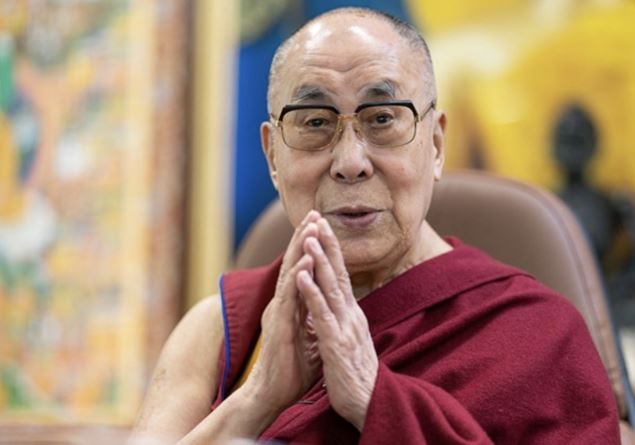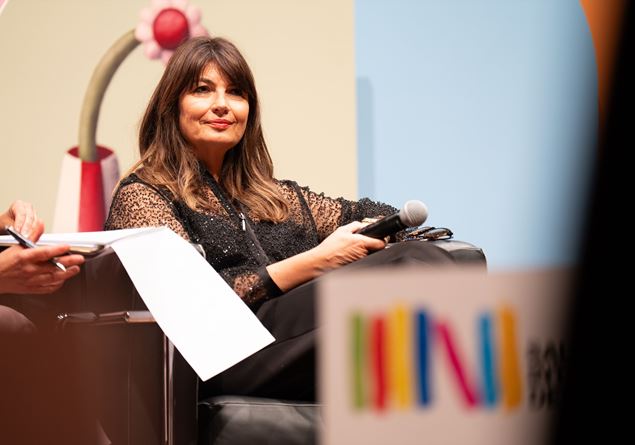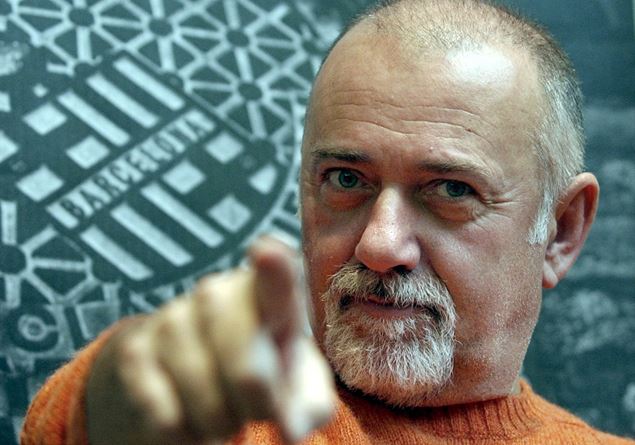There is a name that, fifty years after death, continues to resonate like an enigma and a revelation in the history of music: Benjamin Britten. Visionary, restless, profoundhe was able to transform English opera, to touch the wounds of war, solitude, innocence, the mystery of evil with music. His compositions still speak with surprising force today.
Masterpieces like Peter Grimes, The lap of vine, Death in Venice, War Requiem These are just some of the stages of an artistic path that crosses the universal themes of existence with a crystalline and often prophetic gaze.
In these days, at the Petruzzelli Theater in Bari it is staged The Rape of Lucretia (The rat of Lucreziafrom 18 to 27 April), and 2026 will mark half a century from the disappearance of Britten: two precious occasions to rediscover it. We do it with Alessandro Macchiamusic historian and novelist, author of a new biography (Benjamin Britten. The man, the composer, the interpreter – EDT, 2024) and the essay The shortcut – Christianity and personalism in Benjamin Britten(Galaad Edizioni, 2025), which reveals the profound bond between Britten’s music and his vision of the world, faith, man.
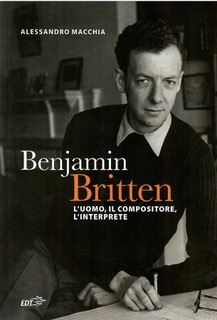
“With Peter Grimes Britten effectively creates the English opera – explains Macchia -. But it is not a genius born out of nowhere: he is a composer who absorbs the past, metabolizes it and returns it with a completely personal second language. In the twentieth century, for me, there is none of his stature. “
The themes of his works cross the news and social criticism. “Britten explores human existence in a broad key, I would say almost metaphysical,” continues Macchia. If Peter Grimes It is the founding title, The lap of vine It represents for the author “a perhaps even higher masterpiece”. And next to the theatrical works, Britten has renewed English instrumental music with compositions for cello dedicated to Rostropovich, considered by stain “the most beautiful after the Bach suits”. And then there is the religious side: “Le Three parables Written for the execution in the church are the peak of a centuries -old musical tradition “.
In the essay The shortcutMacchia investigates the author’s spiritual dimension, so far little explored. Central, on this path, the figure of the poet WH Auden. “In a first study I had underestimated the role, but rereading the entire work of Britten I had to change my mind: the influence of Auden, with his metaphysical and torn vision of the world, is decisive. When Auden died, Britten cried: he recognized in him a constant presence, a deep echo of that struggle between good and evil that crosses all his works”.
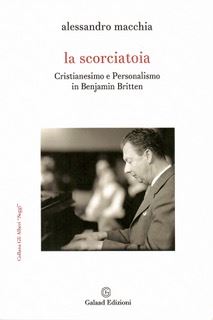
Indissoluble from the name of Britten is also that of Peter Pears, tenor and life partner. “It was not only a great interpreter – recalls Macchia – but a complete musician, organist and choir director, capable of influencing Britten’s compositional choices. In an era in which homosexuality was a crime, they lived their relationship to the sunlight, without censorship”.
Finally, the bond with childhood, which Britten has dedicated immortal pages. “I think about The young man’s guide to the orchestraunsurpassed didactic example, and the least known but extraordinary Ark of Noah. They are not minor works, but fundamental to understand its vision: music as language for everyone, bridge between innocence and complexity “.
In 2026, fifty years after his disappearance, Benjamin Britten returns to talk to us. With clear, restless, deeply human voice.
Cover photo © Wikipedia



